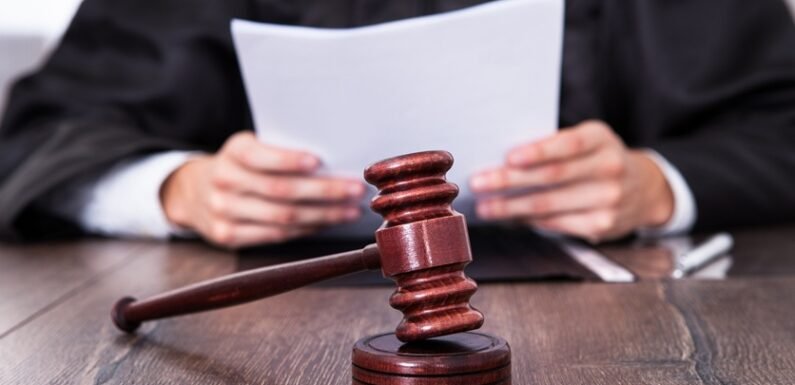
Facing a personal injury trial can feel overwhelming. Here’s what you need to know. Trials demand time and focus. You’ll be in front of a judge, presenting your story. Witnesses will share their accounts. Evidence will play a key role. Each side argues their case, including Quinn Law Group if they represent you. You need to be ready for direct questions. Prepare to see legal procedures unfold. Trials involve opening statements, witness testimonies, and closing remarks. Understand that verdicts come from jury decisions. This process can stretch over days or weeks. Trials are unpredictable, so brace yourself for delays. Emotional readiness is crucial. A trial isn’t just about winning. It’s about telling your truth. Looking ahead, consider its impact. On you emotionally, and financially. Keep communication open with your legal team. They guide you through each phase. Remember, you are not alone in this journey.
Understanding the Trial Process
The court process is intricate When a personal injury case goes to trial. Each trial phase has a specific purpose. Initially, both parties gather thorough evidence. This phase is called discovery. Here, you and your attorney will collect documents, interview witnesses, and compile facts. These steps are crucial for building a strong case.
Next comes pre-trial motions. These are requests made to the court before the trial begins. They can involve dismissing parts of the case or including additional evidence. This phase helps clarify what will be addressed during the trial.
What to Expect During the Trial
Every trial has a standard structure. You will see the following stages unfold:
- Jury Selection
- Opening Statements
- Witness Testimonies
- Closing Arguments
- Jury Deliberation
- Verdict Announcement
Jury selection aims to create an impartial group. Afterward, both sides present their opening statements. This is your lawyer’s chance to outline your story. Witness testimonies then provide deeper insights and evidence. Finally, closing arguments summarize the key points.
The Jury’s Role
The jury plays a crucial role. Their responsibility is to evaluate presented evidence. They listen to each testimony and deliberate privately. Their decision, the verdict, influences the outcome. Understanding the jury’s perspective is vital. They are regular people tasked with assessing facts objectively.
Comparing Settlements to Trials
When navigating a personal injury case, you may wonder about alternatives to going to trial. Settlements are a common choice. Here’s a simple comparison:
| Settlements | Trials |
| Quicker Resolution | Lengthier Process |
| More Predictable Outcome | Jury-Dependent Verdict |
| Lower Legal Costs | Higher Legal Expenses |
Settlements are often faster. They provide a degree of control and predictability. Trials, however, may lead to higher compensation. They allow your story to be heard publicly.
Preparing Emotionally and Financially
Trials can be draining. Preparing emotionally helps you stay strong. Focus on self-care and support systems. Financially, trials can be costly. Discuss potential expenses with your attorney. They can guide you on necessary budgeting and resources.
For additional support, consider reaching out to trusted resources. U.S. Courts offer guidelines on what to expect during jury service. Similarly, the CDC provides insights into injury prevention and safety.
Final Thoughts
Personal injury trials demand strength and clarity. Preparing well ensures you face this process with confidence. Each phase, from discovery to verdict, has challenges. But remember, you are not alone. Lean on your legal team and trusted resources. Together, you can navigate this journey with resilience and determination.
